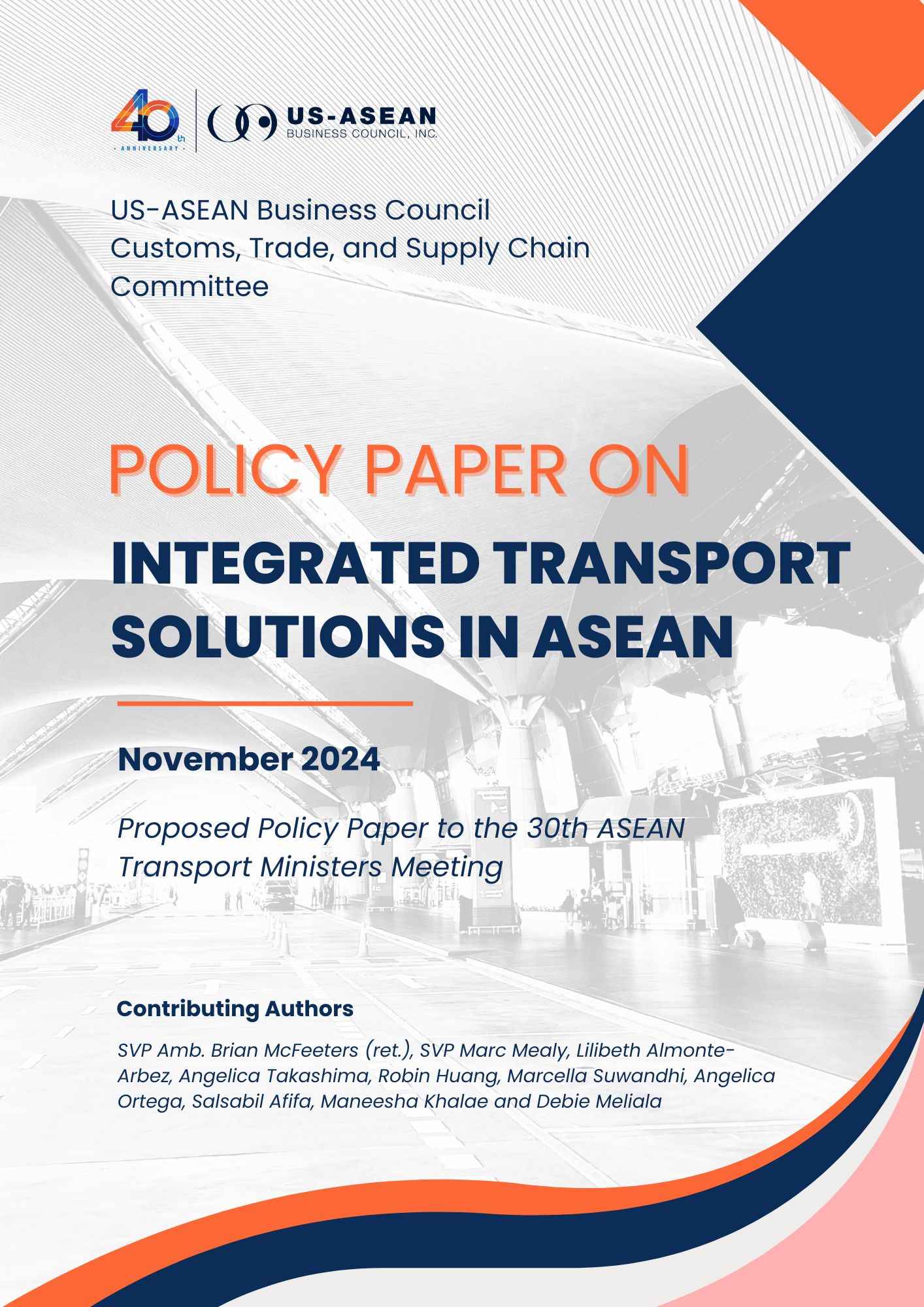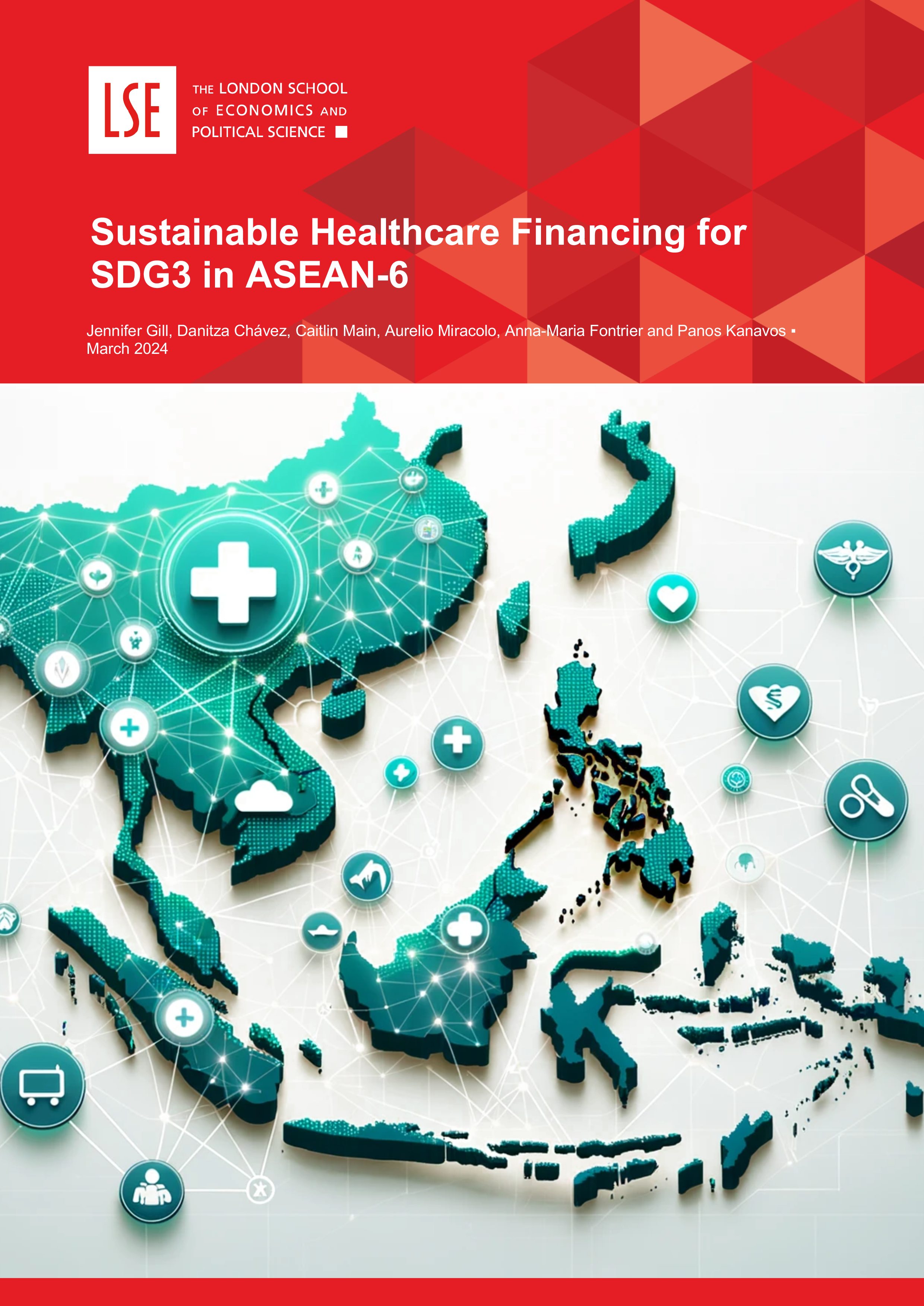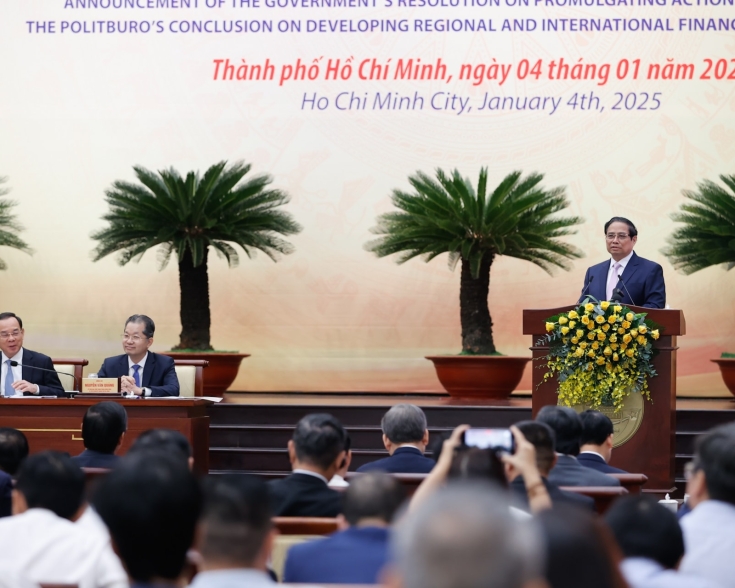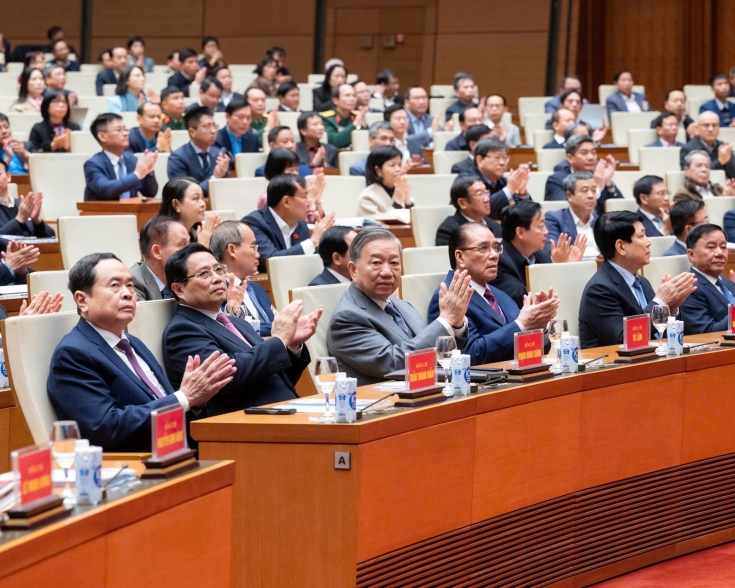Regional Growth in Cloud Computing and Data Center Investment in ASEAN

At the Vietnam-ASIA DX Summit 2023 in May, Chairman of the Vietnam Software and IT Services Association Nguyen Van Khoa emphasized the importance of private-sector engagement in driving Vietnam’s digital transformation. Private-sector investments in cloud computing and data center infrastructure have grown rapidly in Vietnam as the country is recognized as one of the top ten emerging colocation markets globally, with a market size expected to reach US$1.5 billion by 2026 according to a recent KPMG report.
On June 16, military-run telecommunications company Viettel and Microsoft Vietnam signed a strategic cooperation agreement to integrate the Viettel Cloud infrastructure with the Microsoft Azure Cloud platform. The agreement comes two weeks after Coteccons, one of the country’s top construction companies, also signed a three-year memorandum of understanding with Microsoft Vietnam. As part of the agreement, Microsoft will help conduct a comprehensive assessment of the company’s current data center infrastructure to highlight vulnerabilities and leverage cloud technology to improve operations. Sustained growth in the market is attributed to the country’s capable internet system and its ability to provide development and power resources at the region’s lowest prices. The Vietnamese government’s commitment to a net-zero policy also positions it as an eco-friendly data center market for investments.
Private-sector investment in data infrastructure and cloud computing continues to grow outside of Vietnam. Beyond Vietnam, major investments have poured into Malaysia, Indonesia, and Thailand, with Malaysia recently named the most attractive destination for data center investment in emerging markets in Southeast Asia. Singapore Telecommunications (Singtel) has announced plans to more than double its data center capacity in Southeast Asia. The company has projects underway in Indonesia and Thailand and is considering further expansion in Malaysia and Vietnam through partnerships with local companies. Amazon Web Services (AWS) has also recently announced a US$6 billion investment in Malaysia, in addition to ongoing projects in Singapore, Indonesia, and Thailand. While tier-1 markets such as Singapore, Hong Kong, Sydney, and Tokyo have traditionally dominated investments in Asia-Pacific’s data center capacity, land shortages and high energy costs is attracting investments to other countries in Southeast Asia.








